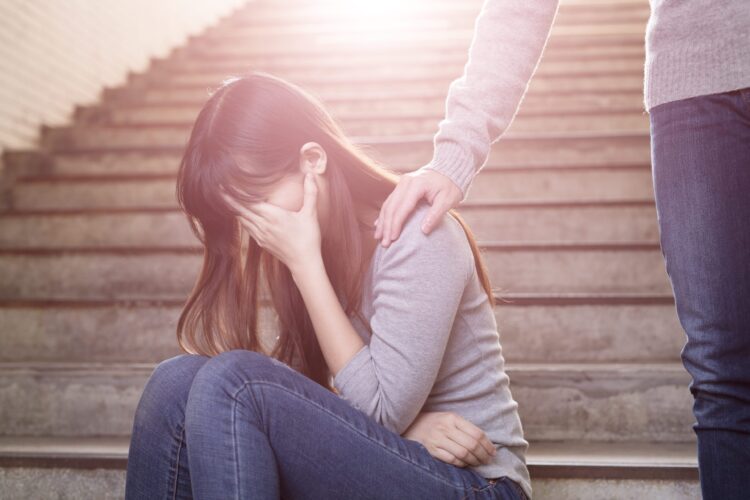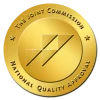Many people have a specific idea of what depression looks like. But a depression diagnosis will look different in different people, and each type of depression has unique characteristics. Regardless of the type of depression diagnosed, those who suffer from depression experience such high levels of sadness that it has begun to interfere with their day-to-day life. At Carolina Dunes Behavioral Health, we can help people with depression to move through their struggles into recovery.
Depression Symptoms
Though symptoms of this mood disorder can vary from one person to the next and between the specific types of depression, some symptoms frequently occur in all types:
- Changes to sleep, appetite, weight, and energy levels
- Negative feelings about oneself and/or the rest of the world
- Hopelessness, numbness, and lack of interest in hobbies or loved ones
- Trouble with memory, focus, and making decisions
- Physical pain, such as headaches, cramps, and digestive issues
- Thoughts that people are better off without them, that they should kill themselves, or that the world is indifferent to their existence
- Increased substance use
Types of Depression
Some of the most common varieties of depression are:
- Major depressive disorder (MDD) – this is the most severe version of depression, characterized by sadness most of the time, on most days of the week, for a minimum of two weeks.
- Persistent depressive disorder (sometimes called dysthymia) – this type of depression is longer lasting and typically less intense, with symptoms lasting at least two years.
- Bipolar disorder (previously called manic depression) – people with this condition experience alternating intense highs and lows, often interspersed with asymptomatic periods. The lows are generally similar to major depressive episodes and the highs can bring euphoria, irritability, impulsivity, and/or psychosis.
- Seasonal affective disorder (SAD) – this is most often experienced as low mood during winter months that gets better in the spring, but some people experience low mood during the summer time.
- Perinatal depression (sometimes called postpartum depression) – while expecting or after giving birth, some new parents experience emotional difficulties that make it difficult to cope.
Risk Factors for Depression
Anyone can experience depression, and onset can occur at any age, but certain things can increase a person’s chances of developing it:
- Being female
- Being LGBTQ
- Experiencing trauma
- Personal or family history of depression
- Major life changes, including physical health issues
- High levels of stress
Depression Treatments
For most people, depression can be treated most effectively with a combination of therapy and medication. The types of therapy most commonly utilized to treat depression include cognitive-behavioral therapy (CBT) and interpersonal therapy (IPT). Medications may include antidepressants for some types of depression, but this is not typically recommended for bipolar disorder, as antidepressants can trigger manic episodes. More often, mood stabilizers and antipsychotics are used for bipolar disorder.
Sometimes medication and therapy are ineffective. In those cases, brain stimulation therapies may be considered. These include:
- Electroconvulsive therapy (ECT)
- Repetitive transcranial magnetic stimulations (rTMS)
- Vagus nerve stimulation (VNS)
- Magnetic seizure therapy (MST)
- Deep brain stimulation (DBS)
Preventing Suicide in People with Depression
Discussing suicide is uncomfortable and scary for a lot of people. If someone you know is showing signs of potential depression, it is important to make sure that they are not considering taking their life. If you are not sure how to start the conversation, you or the person you love can contact the National Suicide Lifeline by calling or texting 988. Trained crisis counselors can help you decide what steps to take next. In the most extreme cases, they may recommend that you call 911 or take your friend or family member to the nearest emergency room.
While major depression is most commonly associated with suicidal thoughts, anyone with any type of depression, including dysthymic disorder and both manic and depressed phases of bipolar disorder, can have thoughts of ending their life. Always take it seriously if someone shows the following signs that they are considering killing themselves:
- Researching ways to die or making a plan for how they would end their life
- Isolating themselves
- Tying up loose ends by making a will, giving away cherished possessions, or saying goodbye to loved ones
- Seeming more willing to engage in risky behaviors
Note that if someone suddenly seems happy after a period of intense sadness, with no apparent cause or intervention, this might be a sign that they have settled on a plan for ending their life
At Carolina Dunes Behavioral Health in Leland, North Carolina, we offer in-person treatment for a wide range of mental health disorders, including depression and bipolar disorder. Our individualized treatment plans are built around each person we serve and their unique needs.






